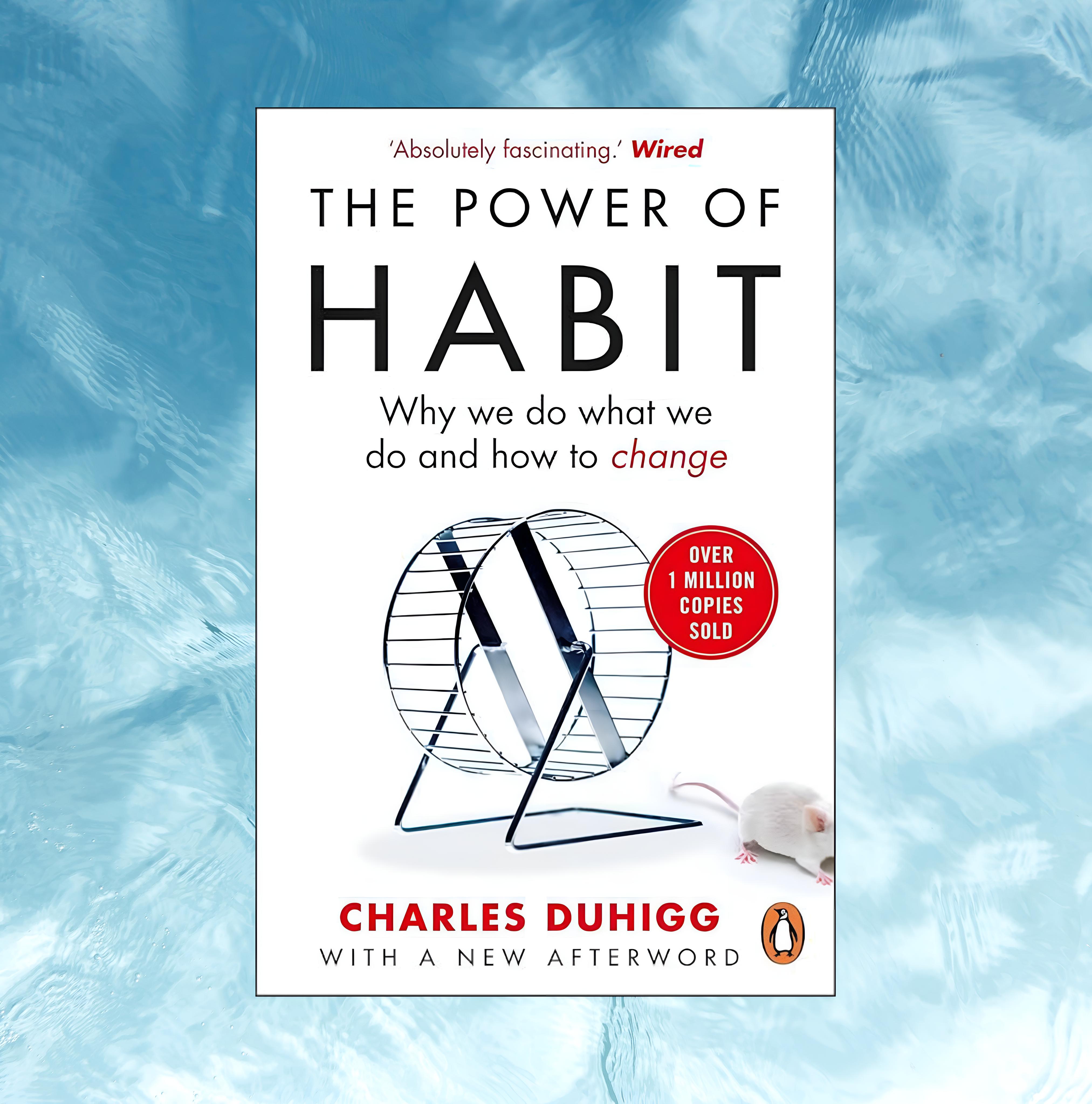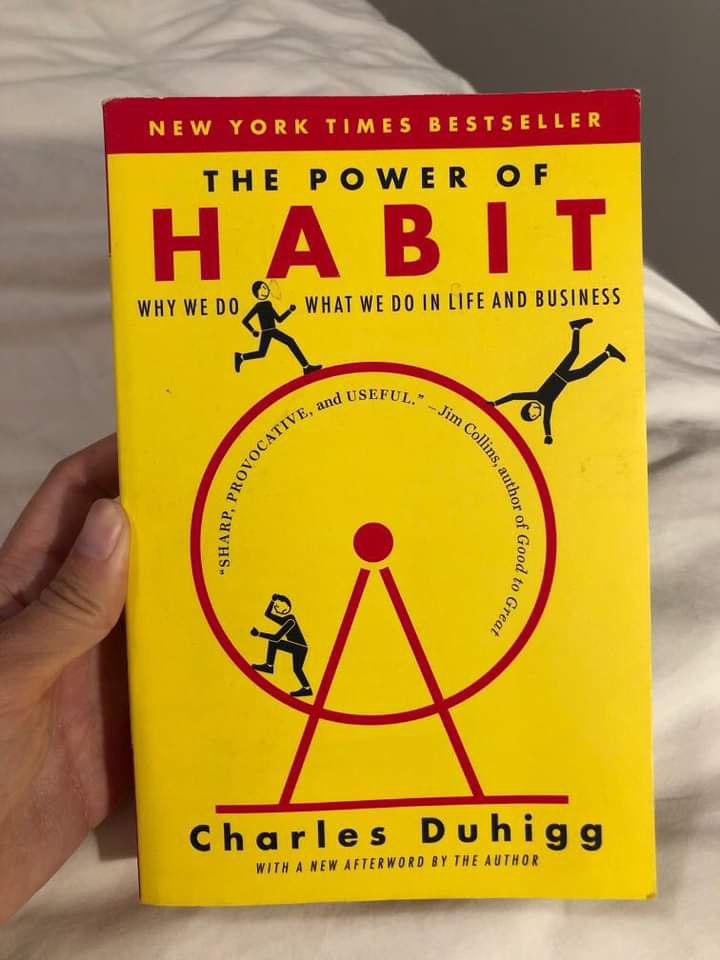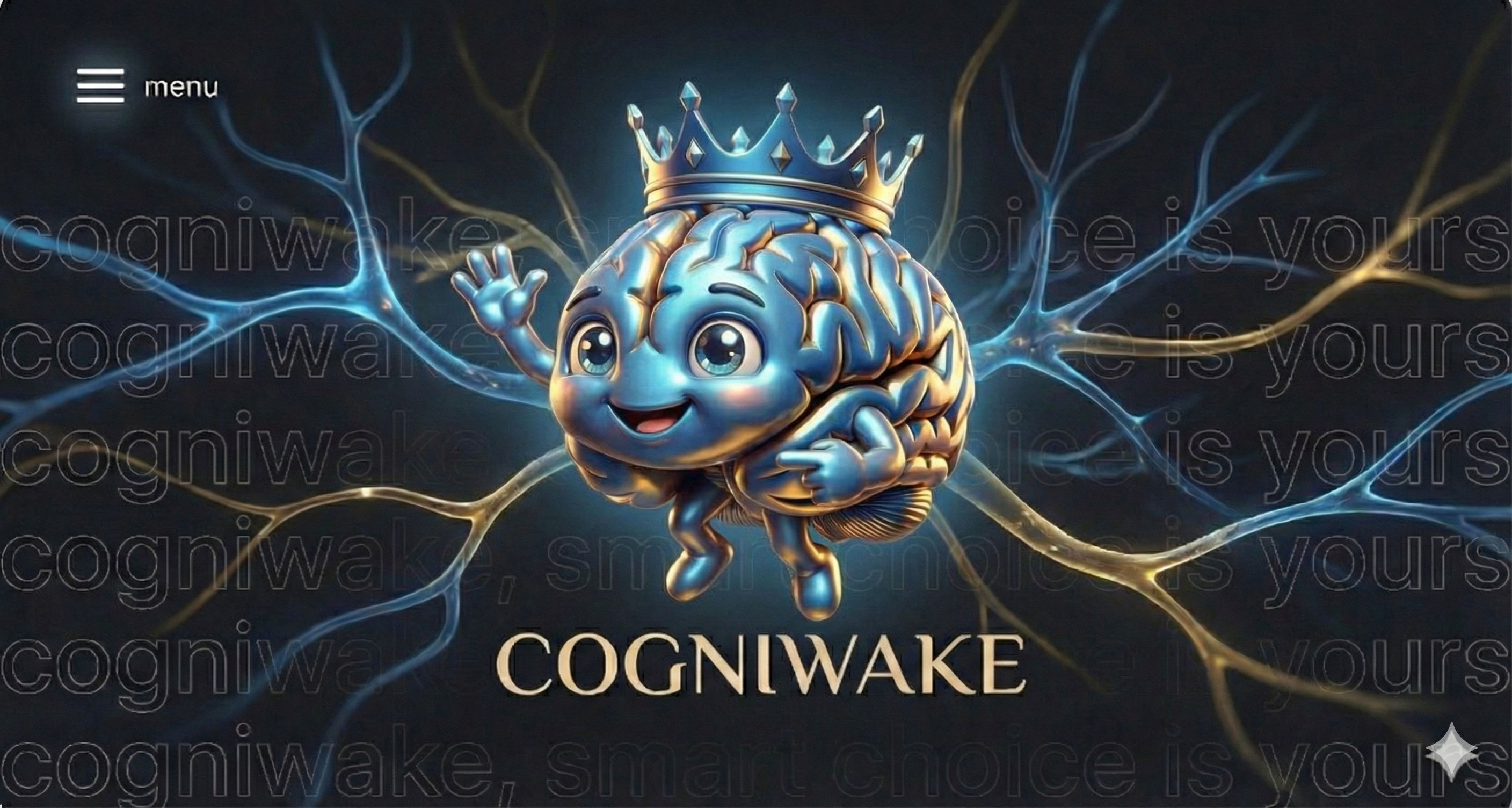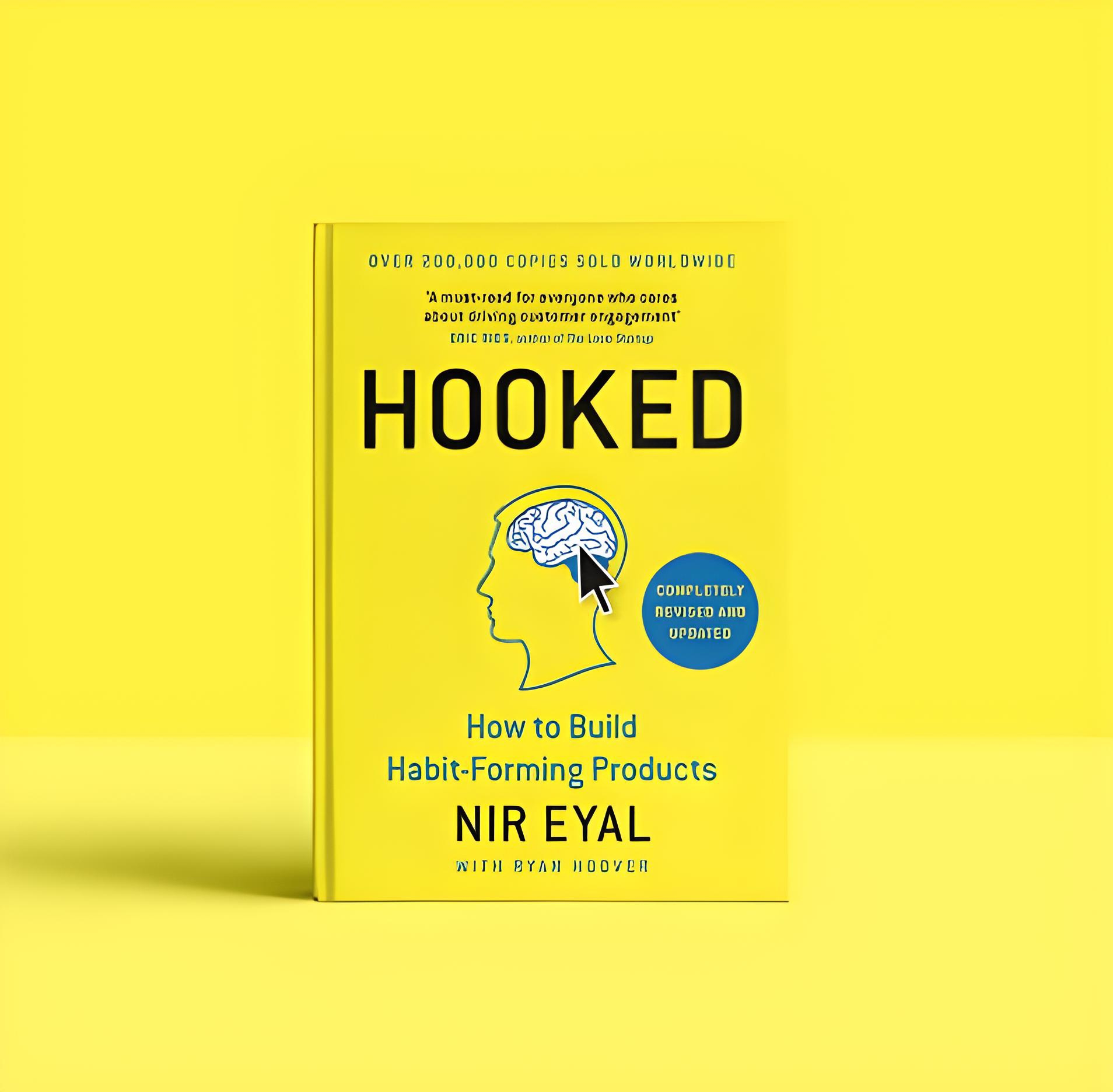Back
SHIV DIXIT
CHAIRMAN - BITEX IND... • 1y
📖 DAILY BOOK SUMMARIES 📖 🔗 DIRECT FREE E-BOOK DOWNLOAD LINK AVAILABLE — https://drive.google.com/file/d/1PyVMPtY_pRnhuVaxspVMG7vSPHZGMTOr/view?usp=drivesdk 🔥 The power of habit : Business and life 🔥 🚀 20 Lessons 👉 ✨ By Charles Duhigg ✨ 1. The Habit Loop • Habits are formed through a three-step process: cue, routine, and reward. 2. Cue • A trigger that initiates a habit by signaling the brain to act. 3. Routine • The behavior or action that follows the cue, which becomes the habit. 4. Reward • The benefit received after the routine, reinforcing the habit. 5. Keystone Habits • Certain habits have the power to trigger positive changes across multiple aspects of life or business. 6. How Habits Work • Habits are automatic processes developed to conserve mental energy, allowing the brain to focus on more complex tasks. 7. The Golden Rule of Habit Change • To change a habit, keep the same cue and reward but alter the routine. 8. Cravings and Habits • Cravings drive habits by creating an expectation of the reward. 9. The Role of Belief • Believing in the ability to change is critical for altering habits, especially in group settings. 10. Habits in Organizations • Successful companies identify and change institutional habits to improve performance and adapt to change. 11. The Power of Small Wins • Small, incremental changes build momentum, making large-scale transformation possible. 12. Willpower as a Habit • Willpower is a skill that can be strengthened and turned into a habit, influencing other areas of life. 13. Habit Change and Environment • Changing the environment can disrupt existing habits and encourage the formation of new ones. 14. The Science of Habits • Studies show that habits are ingrained in the basal ganglia, a part of the brain responsible for decision-making. 15. Social Habits • Group norms and social habits play a significant role in shaping individual and collective behavior. 16. The Role of Crises • Crises in organizations often create opportunities to implement new habits and reshape cultures. 17. The Importance of Awareness • Recognizing cues and rewards is essential for breaking bad habits and forming good ones. 18. The Habit of Success • Successful individuals and organizations focus on developing habits that align with long-term goals. 19. Case Studies • Real-life examples, such as Starbucks training programs and Alcoholics Anonymous, illustrate the power of habits. 20. The Habit Framework • Understanding and leveraging the habit loop allows individuals and organizations to create meaningful, lasting change.

Replies (1)
More like this
Recommendations from Medial
Only Buziness
Everything about Mar... • 8m
“Hooked on Repeat: How Habit Loops Build Loyal Customers Without Them Knowing” Habit loops are built on three parts: cue, routine, reward. Once this cycle repeats, a habit is formed—often subconsciously. Businesses engineer these loops to drive cust
See MoreSuman solopreneur
Exploring peace of m... • 1y
Atomic Habits: After reading the book that a friend of a nonsmoker suggested, the author discovered that it helps them connect their cue with other helpful actions (i.e., he simply changed their perspective on smoking to any other useful things), cha
See MoreSuman solopreneur
Exploring peace of m... • 1y
Struggling to build good habits? Make them irresistible. ( atomic habits) Habit stacking: Pair a new habit with an existing one (read while drinking coffee). Temptation bundling: Attach a reward (work out only while watching your favorite show).
See MoreHavish Gupta
Figuring Out • 1y
How to Form Good Habits and Ditch the Bad Ones (LearnLink Post 1) 1) Be Aware: Record all habits for self-reflection. 2) Spot Negative Patterns: Eliminate harmful habits, one each week. 3) Instill Positive Habits: Follow the 'I will do (habit) at (t
See MoreKshitij Pal Singh Tomar
。◕‿◕。 • 1y
AI-powered platform that acts as a personalized habit formation and behavioral change assistant. By combining behavioral psychology, AI-driven insights, and habit-tracking tools, it helps users achieve their goals by transforming their micro-habits,
See MoreSuman solopreneur
Exploring peace of m... • 1y
ATOMIC HABITS: The Law of Least Effort states that people favour simpler solutions. behaviours & Energy: High-effort behaviours wane, whereas low-effort ones endure. Outcome Over Habit: The objective is the outcome rather than the habit. Reduce
See MoreDownload the medial app to read full posts, comements and news.

















/entrackr/media/post_attachments/wp-content/uploads/2021/08/Accel-1.jpg)



















